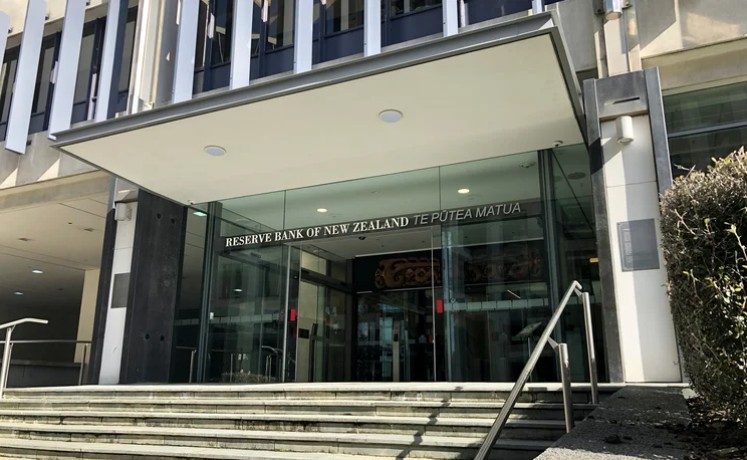The Reserve Bank is suggesting a reduction in the capital banks are required to maintain but quickly minimised the potential wider economic and financial effects of these changes.
The bank has begun consulting on a review of the amount of money banks should be required to hold to support their lending while still ensuring a strong level of protection against financial instability.
The banking sector, politicians, and the Commerce Commission argued that the capital requirements, established in 2019 and gradually raised, were excessive and were hindering competition, modernisation, and innovation.
The RBNZ paper stated that its board had decided to ease the requirements, as they were generally stricter than those overseas.
New policies like the Deposit Takers Act would soon come into effect, introducing a different form of discipline and security.
Two options have been proposed: one based solely on the bank’s share capital, and the other based on both share capital and additional financial assets functioning as a shock absorber.
The RBNZ briefing document said, “Both options are expected to result in lower average funding costs for deposit takers than under the 2019 Capital Review outcomes.”
The options would lower the required capital held by the industry by billions of dollars and also enable more affordable buffer financing alternatives.
For RBNZ assistant governor Angus McGregor, the changes may appear major, but their actual impact could be limited.
“We know capital settings can influence competition and economic activity, but we expect any impact from the proposals we are consulting on to be modest.”
Under the proposals, various types of lending, such as residential mortgages, business loans, and farm finance, would still be evaluated according to their respective risk levels, but the required capital to support them would be lowered.
The RBNZ would also abandon its approach of guarding against a 1-in-200-year financial crisis, a standard not adopted internationally.
The proposals also recommended lowering the capital requirement to become a deposit taker from the current $30 million to $5 million, a threshold that has been cited as a barrier for new entrants into the banking sector.
RBNZ director of prudential policy Jess Rowe also minimised the impact of the change.
“We don’t expect this to set the world on fire; this is not the thing driving economic growth. It’s important to point out there are different distributional effects. We have thought quite carefully about competition, not so much for new entrants, because we don’t think the capital rules are a barrier to new entrants.”












